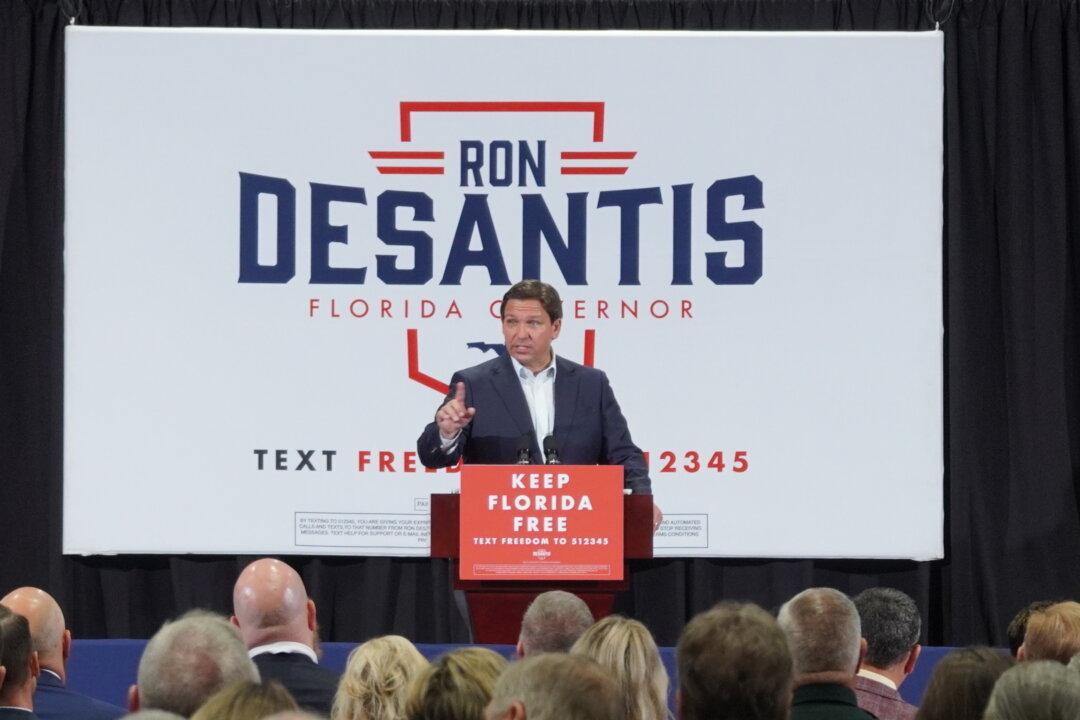Conservative states working to keep state funds out of the environmental, social, and corporate governance (ESG) movement are finding that, when it comes to state fund managers, you can lead them to water but can’t always make them drink.
Despite recent laws in states like Florida and Ohio banning the use of municipal dollars for political causes, fund managers are continuing to vote the shares owned by state pensions to support the climate agenda, racial equity and abortion rights, according to an investigation of voting records by the American Accountability Foundation (AAF).





